-0218
Carthaginian general Hannibal crosses the Alps with elephants to attack Northern Italy.
Carthaginian general Hannibal crosses the Alps with elephants to attack Northern Italy.
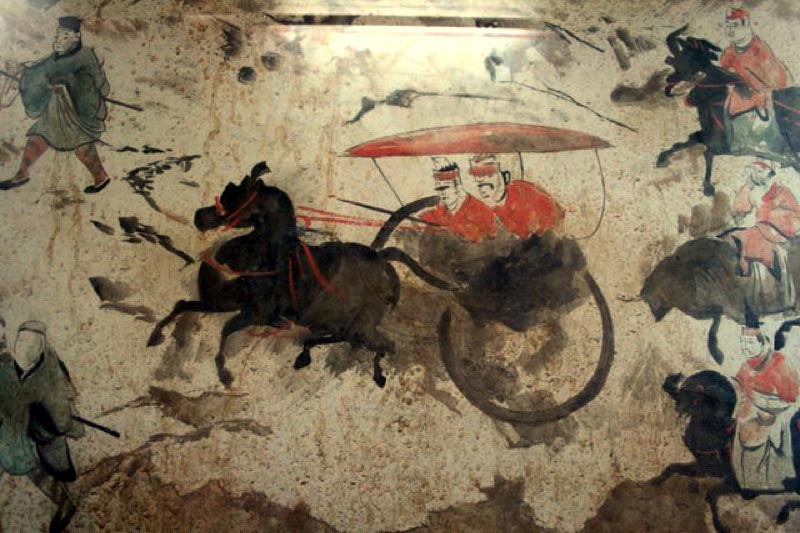
The Han Dynasty in China. The Silk Road develops in this period and silver coinage is introduced. State granaries help to control grain prices.

Probable invention of porcelain in China under the Han dynasty in the region of Sin p-ing.
Cloves are popular in China and are used to freshen breath and spice food.
Bacchanalia are held in Rome (festivals to Bacchus, the Roman name for Dionysus).
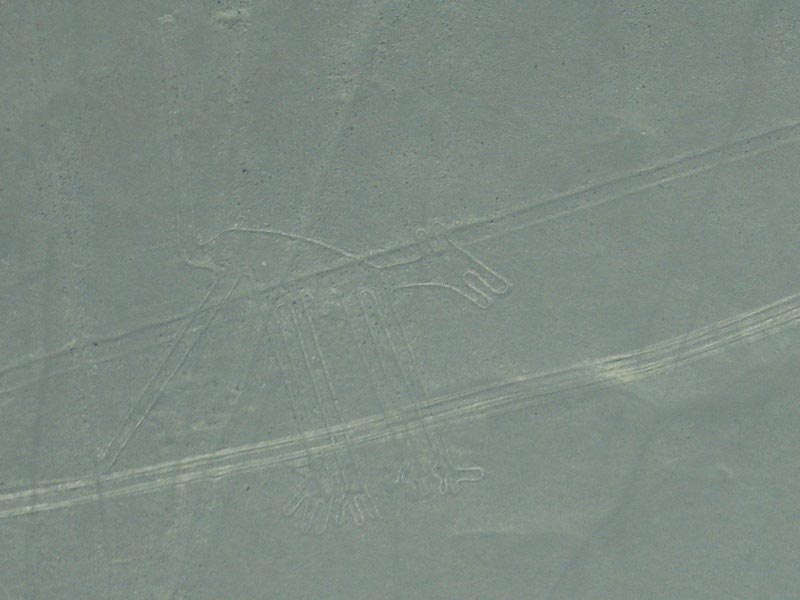
The Nazca people expand and make mysterious patterns in the desert that can only be properly seen from the air.
Greek physician Galen observes copper miners and notes the danger of acid mists.
The Romans use linen sieves to produce fine flour.
The Chinese burn natural gas to produce sea salt.
Austria becomes part of the Roman Empire and gold mines are developed in Noricum.
Foundation of the Collegium Pistorum or Roman Baker's Guild.
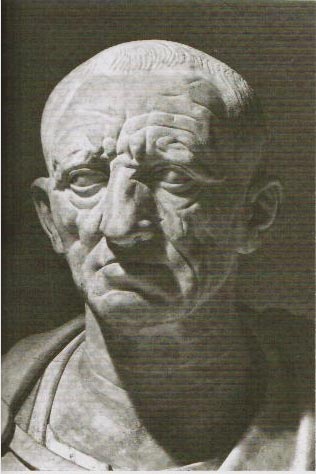
Cato the Elder writes De Agri Cultura on farming and viticulture.
Grape vines are cultivated in China.
Crates of Mallus creates the first terrestrial globe.
Hipparchus is credited with creating an early astrolabe.
Sima Qian, historian of ancient China.

Chinese Emperor Wudi conquers part of Korea.
Chinese Emperor Wudi conquers part of Vietnam.
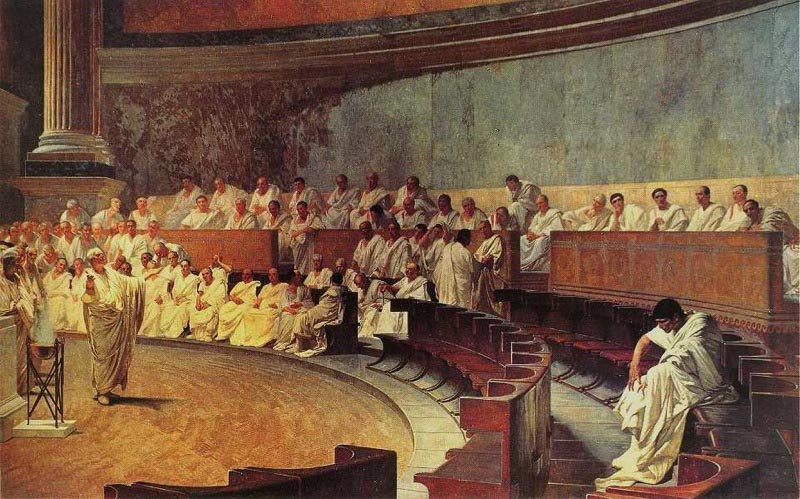
Cicero.
Julius Caesar.
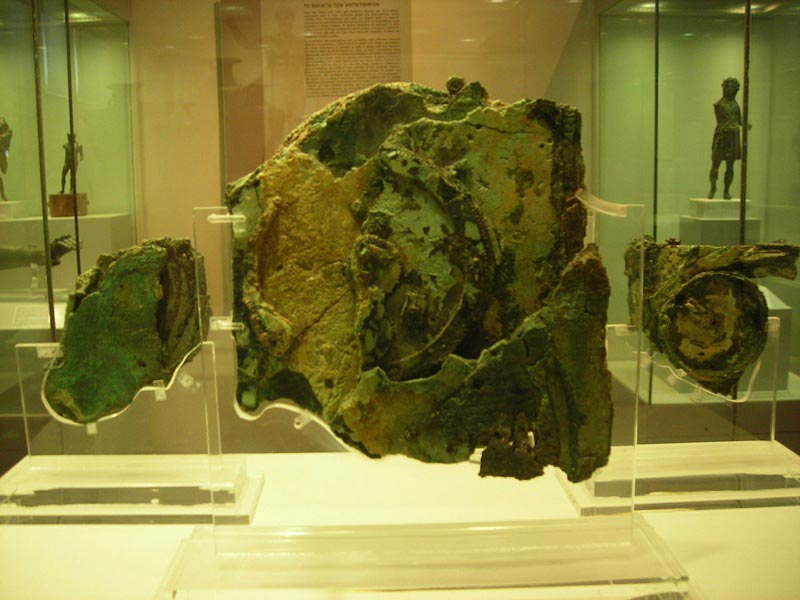
The Antikythera Mechanism is built in Rhodes to track the movement of the stars.
The Roman Empire expands to cover what is now Greece, Italy, Turkey, Syria, Spain, Sardinia and Macedonia. It exploits metal deposits in Spain, Northern Italy, Greece and Turkey.
Watermills are introduced to the Middle East.
Alexandria, Egypt, now under Roman control, becomes a major spice port moving cargoes through the 'pepper gate'.
Virgil, author of the Aeneid.
Livy.
Julius Caesar conquers Gaul and captures vast amounts of gold.
The Romans bring mustard to Britain.
The golden Aureus goes into circulation in the Roman Empire.
Glass blowing is invented in Syria, leading to the creation of bottles for liquids.
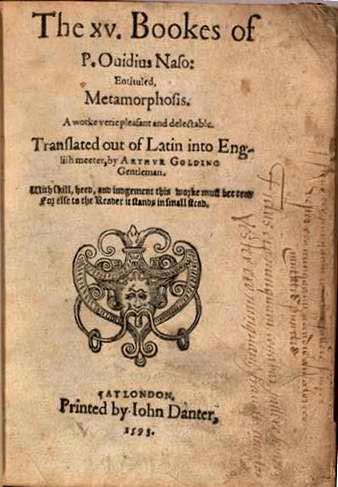
Ovid.
Roman ships regularly sail to the Malabar Coast to pick up cargoes of black pepper.
The Roman Empire emerges after the dictatorship of Caesar.

Imperial Rome is dependent on wheat supplies from Egypt as it still grows poorly in Europe.
The Romans introduce hydraulic methods to mine gold in Spain.
Porcelain production starts in Japan with emigrants from Korea.

Vitruvius writes De Architectura. It is published in the 1480s.
Jesus.
Early Americans learn to chew and smoke tobacco.
The Yellow River changes its course provoking famine in China.
Pliny the Elder, author of the great Natural History, collecting knowledge from around the world.
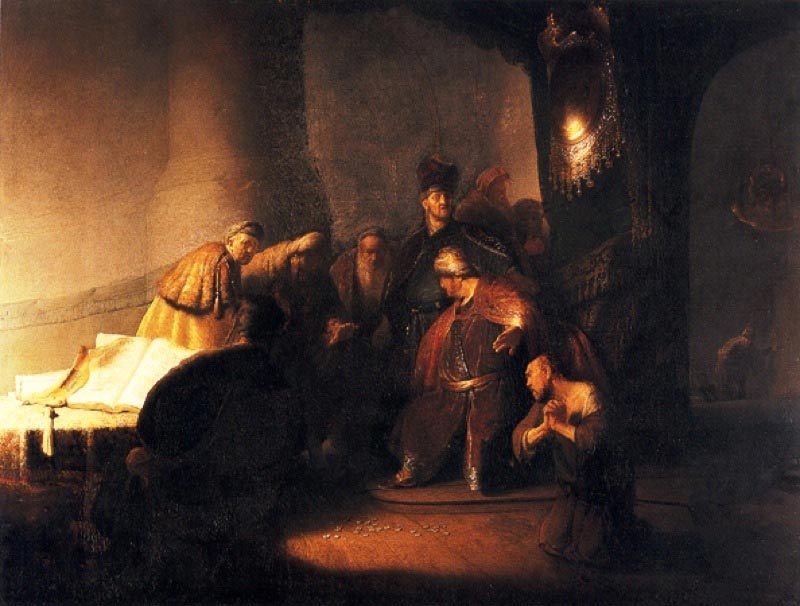
Judas Iscariot accepts 30 silver coins to betray Jesus.
Horace describes Lagene - fried sheets of dough made from durum wheat.
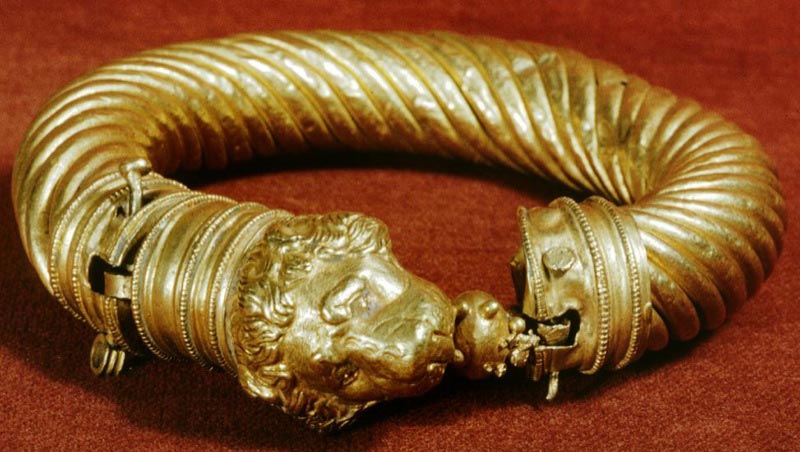
Gold mining in France and Central Europe declines after the Fall of the Roman Empire.
The Romans establish vineyards in St Emilion, Bordeaux.
Distilling is known to be practised in Greece.
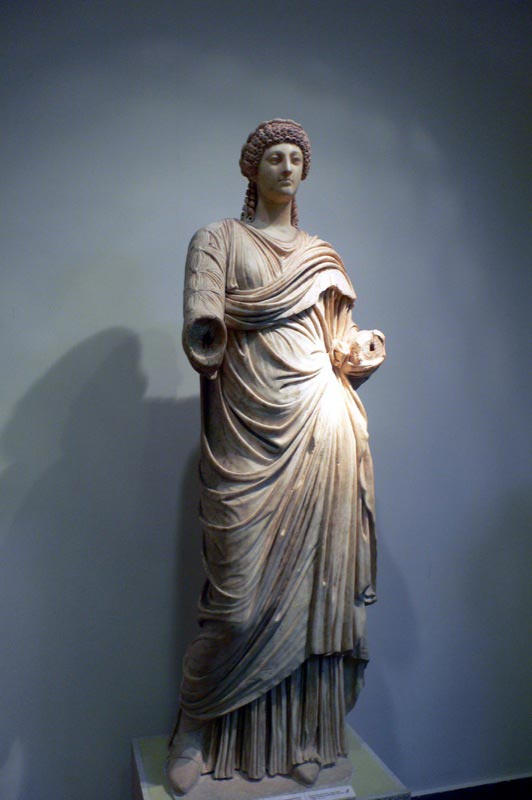
Cinnamon is used at the funeral of Poppaea, Nero's wife.
Columella writes De Re Rustica on viticulture. He explains the trellis system.
The Romans find gold in Dolaucothi, Wales, and also exploit Britain's tin and iron resources.
Pliny the Elder documents the use of water wheels and machinery to extract ore.
The Roman Senate passes a law to protect water stored during dry periods so it can be used for street and sewer cleaning.
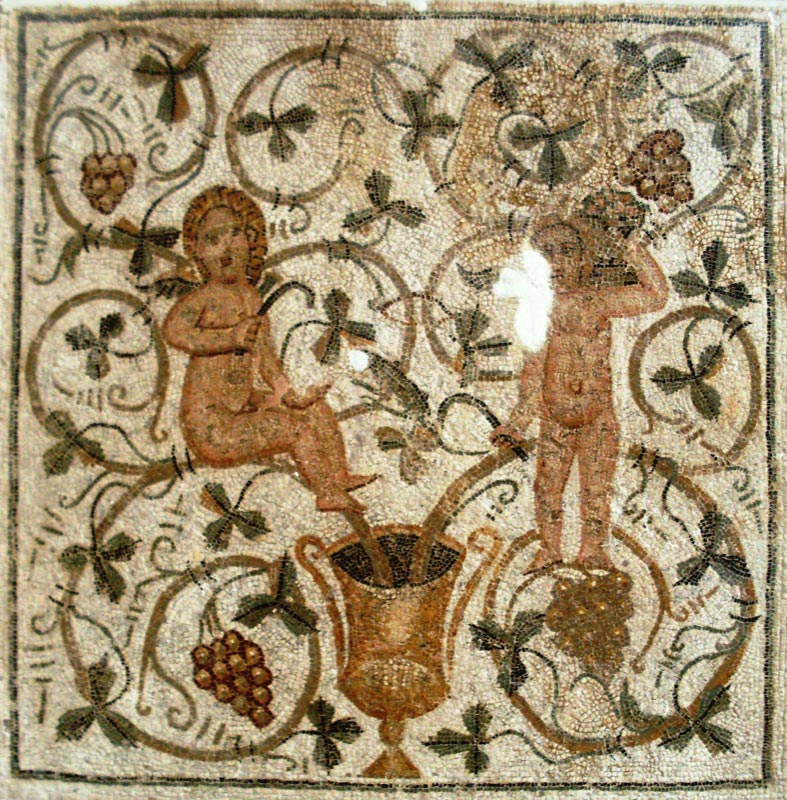
Roman Emperor Domitian orders that half of the vines outside Italy be uprooted.
Gallic wine is transported to Rome in wooden barrels.
The fall of the Roman Empire may have been caused by lead poisoning as lead acetate was used to sweeten old wine and would have caused gout, sterility and insanity.
Paper is invented and its use for keeping records spreads along the Silk Route.
Roman Emperor Trajan annexes Armenia and Mesopotamia, in part to capture the Spice Trade.
Marcus Aurelius.
The Romans establish vineyards in Languedoc, Bordeaux.
The city state of Teotihuacan becomes a major trading hub before suddenly being defaced and abandoned.

Ptolemy writes the Almagest and the Geographia, crucial works of astronomy, mathematics and geography, including an early world map and a plan of the heavens.
Cotton is traded in India as a luxury good.
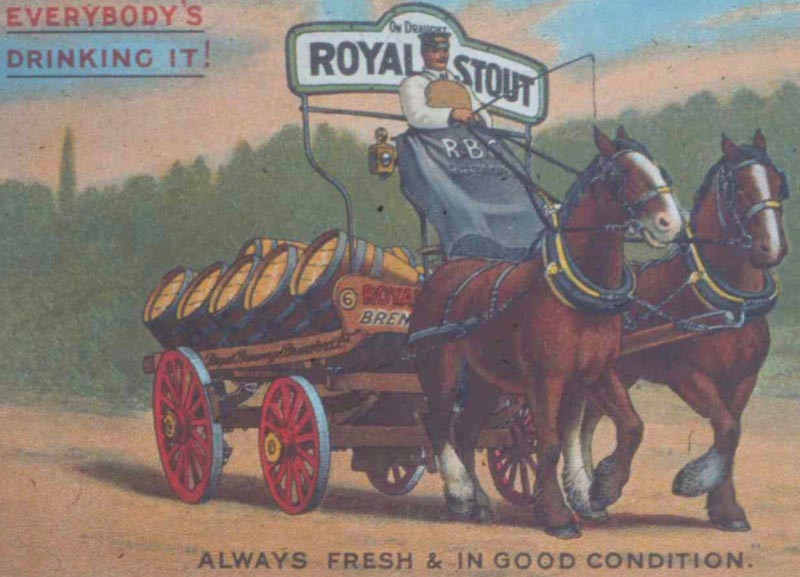
Roman traders begin to use barrels after the Gaulish practice.
The trading of coal begins in Britain.
Three Kingdoms period in China. The Wei in the north, the Shu in the Southwest and the Wu in the Southeast.